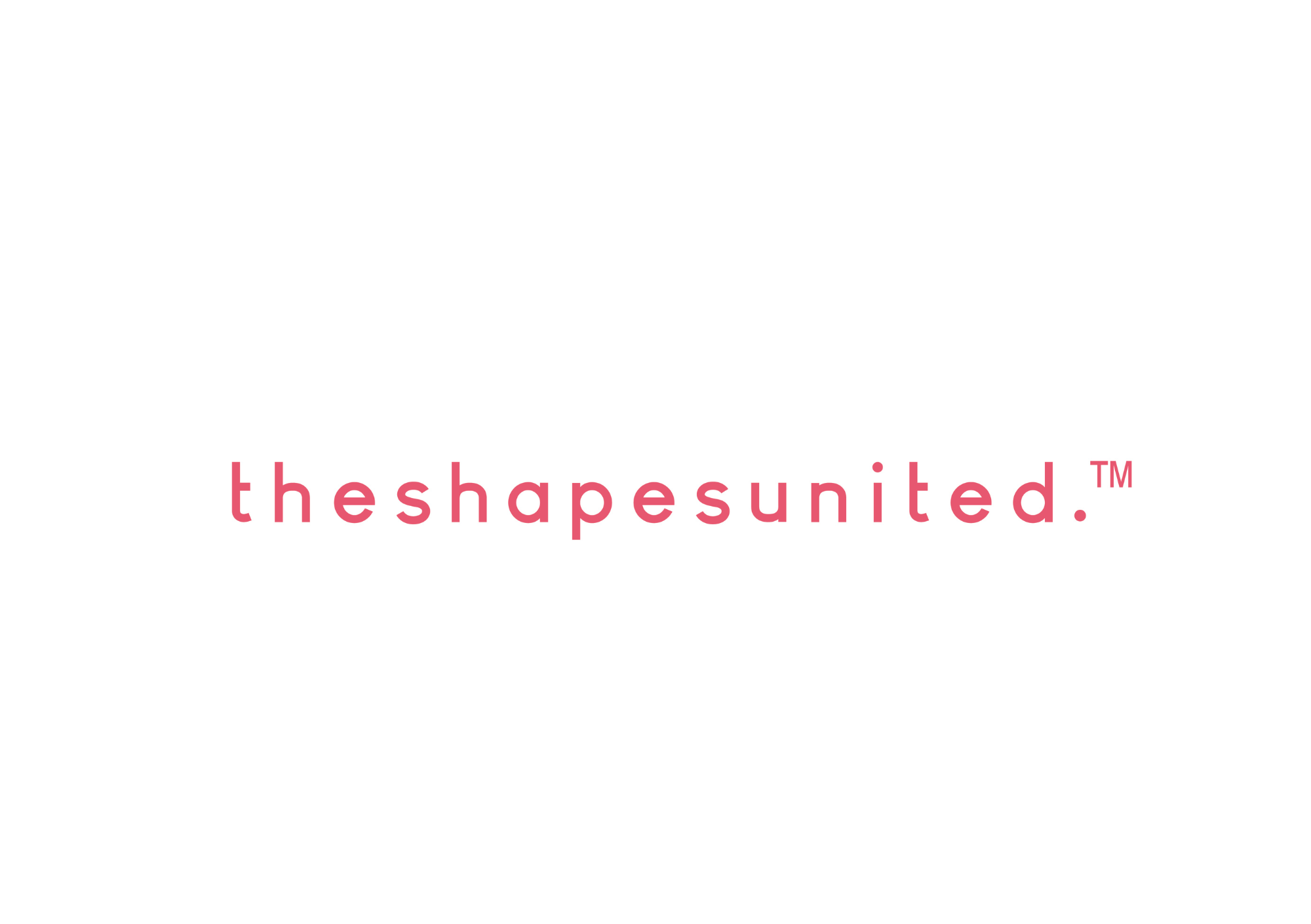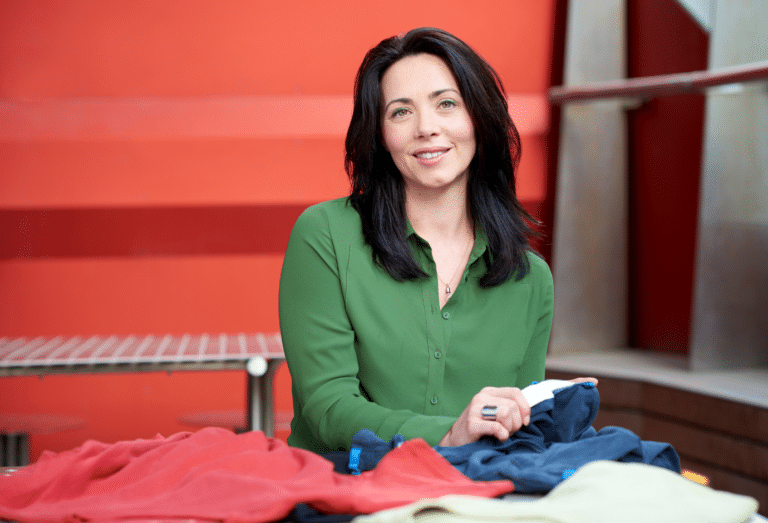The Shapes United has been committed to sustainable business right from the start.
Sustainability is at the heart of our business strategy and encompasses social, environmental and economic considerations.
Several elements within our operations have been carefully considered to manage impacts along the value chain.
- Hand-picked suppliers: We select workshops that provide a fair wage and safe working conditions. We also seek out data on supplier sustainability performance to ensure that our sustainability goals are aligned.
- Fabric Upcycling: Large clothing manufacturers often have excess fabrics that we can leverage this with our smaller production runs. Sourcing our cotton fabrics in this way reduces waste materials and prevents these materials from going into landfill.
- Garment care: We select machine washable fabrics and instruct consumers to wash garments in cold water to both prolong the life of the garment and use a more efficient washing cycle.
- Packaging: The Shapes United packaging is recycled, reusable or recyclable.
- Shipping: We favour ocean freight when shipping from our Eastern Asian manufacturers through to the Australian warehouse and use road freight for all AU deliveries. These methods are less carbon intensive than flying. Our carbon footprint is minimised further with our carbon neutral shipping suppliers.
- Circularity: The Shapes United encourages consumers to sell their pieces to second-hand clothing sale platforms like Airobe. Alternatively, The Shapes United will buy products back directly from the consumer for 20% of the purchase price and manage the circularity piece if that seems easier for consumers.
We’re on the right path, and next we’re seeking sustainability certifications. We are measuring our footprint, formalising a reporting structure and setting science-based targets.
We’re keen to understand where we’re at, where we’d like to be and plan how to get there!
The Shapes United has also consulted the UN Sustainable Development Goals established social impact pillars
- Responsible Consumption and Production - by establishing circular production and considering production and delivery impacts.
- Good Health and Wellbeing - by increasing the customers serviced by the brand
- Gender Equality - by providing clothing for all identities
- Reduced Inequality - by providing clothing for individuals with mobility
- challenges and disability


